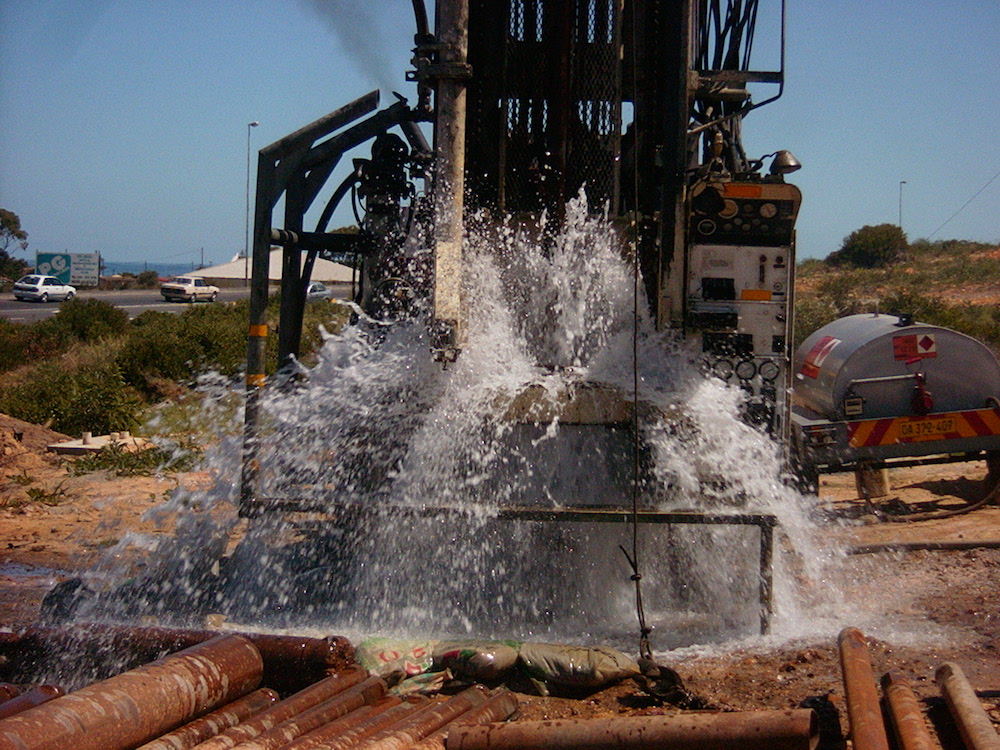
Bottled water is water that has been packaged in plastic or glass bottles for people to drink. It is typically sourced from springs or wells and is treated to remove impurities before it is bottled and sold. Some bottled water is also treated with minerals or other substances to enhance its flavor or give it additional health benefits. Bottled water is a popular alternative to tap water, which is water that is supplied to homes and businesses through a network of pipes and is often treated at a municipal water treatment plant.
It is difficult to say whether the bottled water production business is profitable without more information. The profitability of a business can depend on a variety of factors, such as the cost of production, the demand for the product, and the level of competition in the market. Additionally, the profitability of a bottled water production business can also depend on the specific business model and the efficiency of the operation. In general, however, the bottled water industry is a multi-billion dollar industry and is considered to be one of the fastest-growing segments of the global beverage market.
There are several ways to obtain capital for starting a bottled water production business in Nigeria. Some options include:
In addition to these options, you can also consider partnering with other businesses or seeking funding from friends and family members. It is important to carefully evaluate all of your options and choose the one that is best suited to your business needs and goals.
A business plan is a detailed document that outlines the goals, strategies, and financial projections of a business. It is a critical tool for entrepreneurs who want to start a new business, as it provides a clear roadmap for the business and helps them secure funding from investors or banks.
Here is a step-by-step guide to creating a business plan for a bottled water production business in Nigeria:
Overall, a good business plan for a bottled water production business should provide a comprehensive overview of the business, its market, and its operations, as well as detailed financial projections. It should be well-researched and well-written, and should be tailored to the specific needs and goals of the business.
Conducting proper research is an essential step for anyone who wants to start a bottled water production business in Nigeria. Research allows you to gain a thorough understanding of the market, the competition, and the potential challenges and opportunities that your business may face. It also helps you to identify potential customers and determine the best ways to reach them.
Here are some steps you can take to conduct proper research for your bottled water production business in Nigeria:
Overall, proper research is an essential step for anyone who wants to start a bottled water production business in Nigeria. It allows you to gain a deep understanding of the market and the competition, and to create a solid plan for your business.
When looking for a location for a bottled water production plant, it is important to consider several factors. The location should be large enough to accommodate all the necessary plants and machinery, as well as a management office, storage for bottles, finished products, and parking space. In addition, the environment should be clean and well-drained to prevent water from lodging and potentially contaminating the products. Ensuring proper hygiene is crucial for the safety of both the business and its customers. Accessibility and power supply should also be considered when selecting a location.
After conducting proper research and creating a detailed business plan, the next step in starting a bottled water production business in Nigeria is to find a suitable location for your business. The location of your business is important for a number of reasons. It should be convenient for your employees, customers, and suppliers, and it should also be in compliance with the requirements of the National Agency for Food and Drug Administration and Control (NAFDAC), which is the regulatory agency responsible for overseeing the production and sale of bottled water in Nigeria.
When choosing a location for your bottled water production business, there are several factors that you should consider. First, the location should have easy access to a reliable and clean water source. This is essential for the production of high-quality bottled water, and it will also be a key requirement for obtaining NAFDAC approval. Second, the location should be easily accessible by road, and it should be located near major highways or other transportation routes to facilitate the distribution of your bottled water products.
Third, the location should have sufficient space to accommodate all of the facilities and equipment that are required for your bottled water production business. This may include a production room, a storage room for finished products, a raw materials store, a laboratory, offices, and a waste material room. The location should also have sufficient space for parking, and it should be well-ventilated to ensure the safety and health of your employees.
Finally, the location should be in a safe and secure area, and it should be away from sources of contamination, such as cemeteries, waste dumps, sewage deposits, or chemicals. This is important to protect the quality and safety of your bottled water products, and it will also be a requirement for obtaining NAFDAC approval.
In summary, when choosing a location for your bottled water production business in Nigeria, you should consider the accessibility, size, safety, and cleanliness of the site. By carefully selecting a suitable location, you can ensure the success and sustainability of your business.
A cheap and stable water source is essential for starting a bottled water production business in Nigeria. The water that you use to produce your bottled water products should be of cheap and easy got.

One option for obtaining a water source for your bottled water production business is to dig a borehole. A borehole is a deep well that is drilled into the ground to access underground water sources. Borehole water is typically of high quality and is suitable for use in bottled water production.
When drilling a borehole for your bottled water production business, it is important to choose a location that is away from sources of contamination, such as cemeteries, waste dumps, sewage deposits, or chemicals. The borehole should also be deep enough to access a reliable and clean water source.
In addition to the borehole, you may also need to install one or more overhead tanks to store the water that is extracted from the borehole. These tanks should be regularly cleaned and maintained to ensure that the water remains of high quality.
Overall, obtaining a reliable and clean water source is a critical step in starting a bottled water production business in Nigeria. A properly dug borehole and overhead tanks can provide a sufficient and high-quality water supply for your business.
In order to start a bottled water production business in Nigeria, you will need a range of water bottling machinery to produce and package your bottled water products. The specific equipment that you will need will depend on the scale and scope of your business, as well as the specific products that you plan to offer. However, some of the key equipment and machinery that are commonly used in bottled water production include:
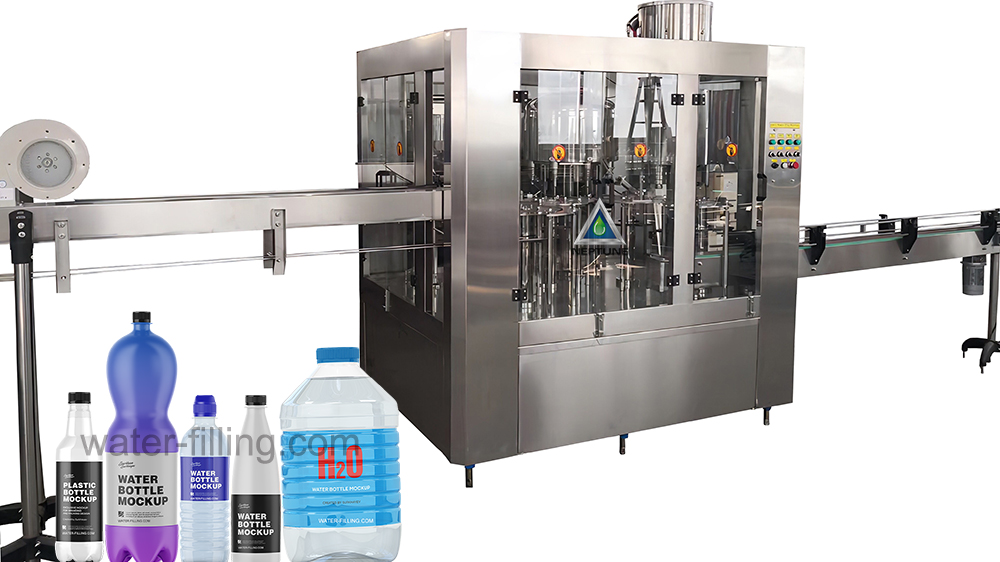
2.Water Bottling Machine: This includes washing machine, filling machines, capping machines, labeling machines, and other equipment that is used to fill, seal, and label the bottled water products.
3. Quality control equipment: This includes pH meters, turbidity meters, and other equipment that is used to monitor and test the quality of the bottled water during the production process.
4. Bottle Water Packaging Machine: This includes shrink wrap machines, palletizers, and other equipment that is used to package the bottled water products for distribution and sale.
5. Storage and transportation equipment: This includes refrigerators, freezers, and other equipment that is used to store and transport the bottled water products to customers and distributors.
Overall, the specific equipment that you will need for your bottled water production business in Nigeria will depend on the scale and scope of your business, as well as the specific products that you plan to offer. It is important to carefully research and evaluate the different options and choose the equipment that is best suited to your business needs and goals.
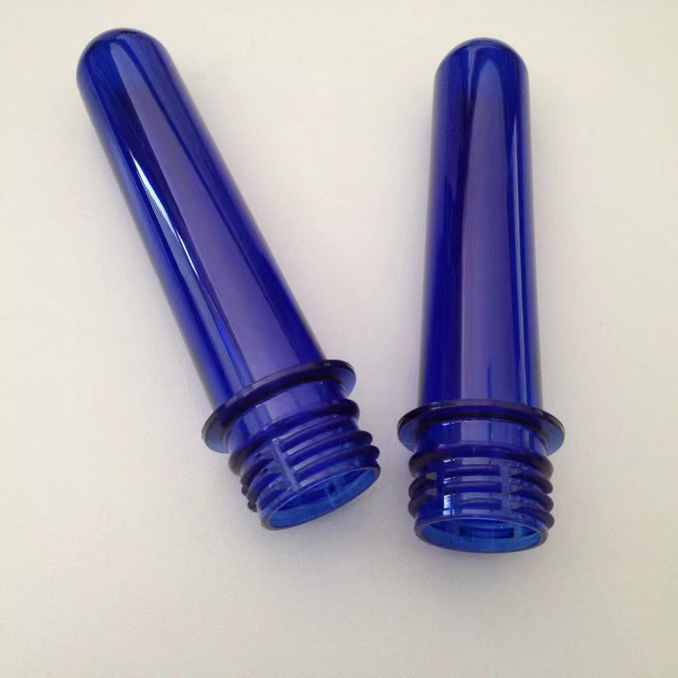
It is the blue preform which use to blowing into plastic water bottle.
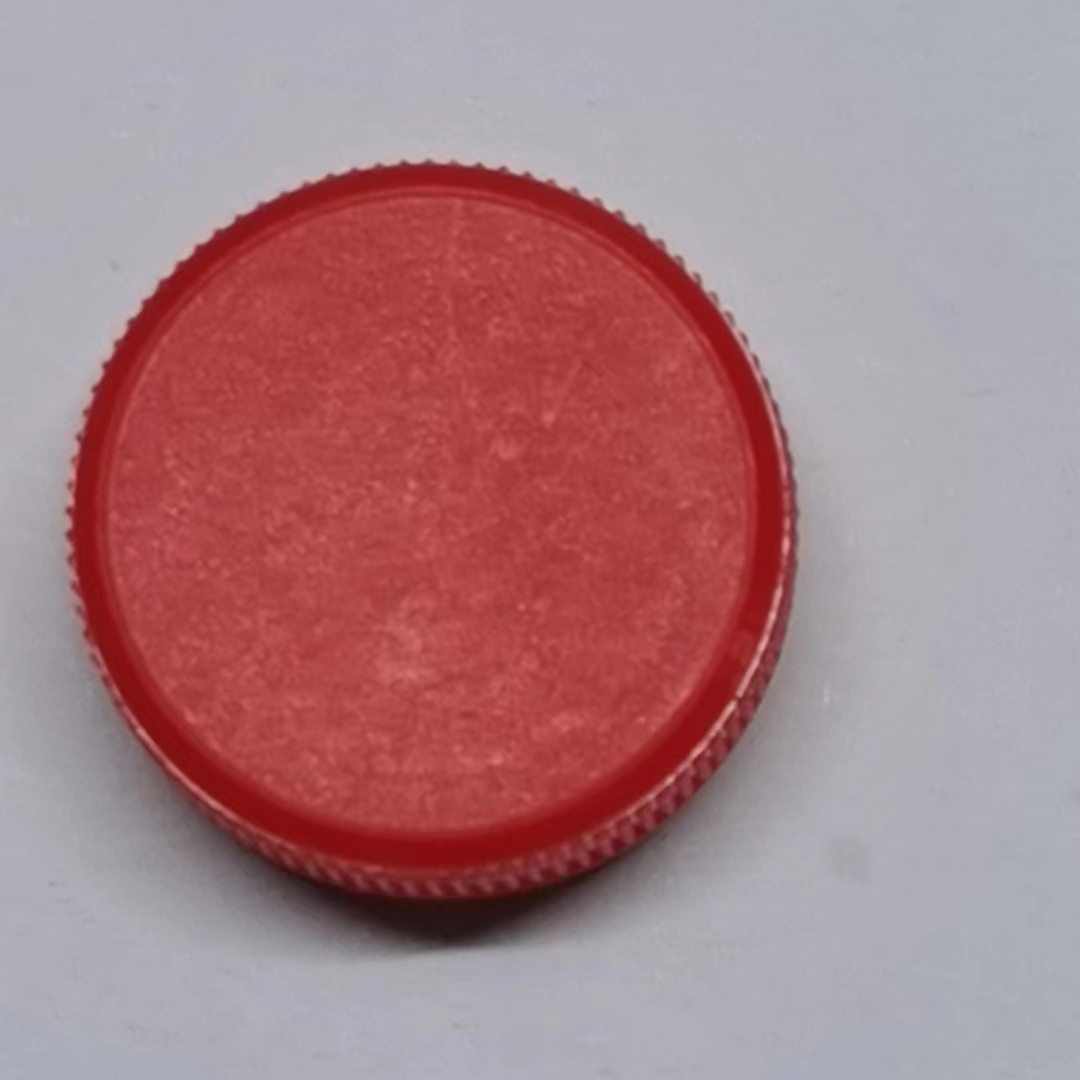
It is the water cap which use to seal the bottle watter
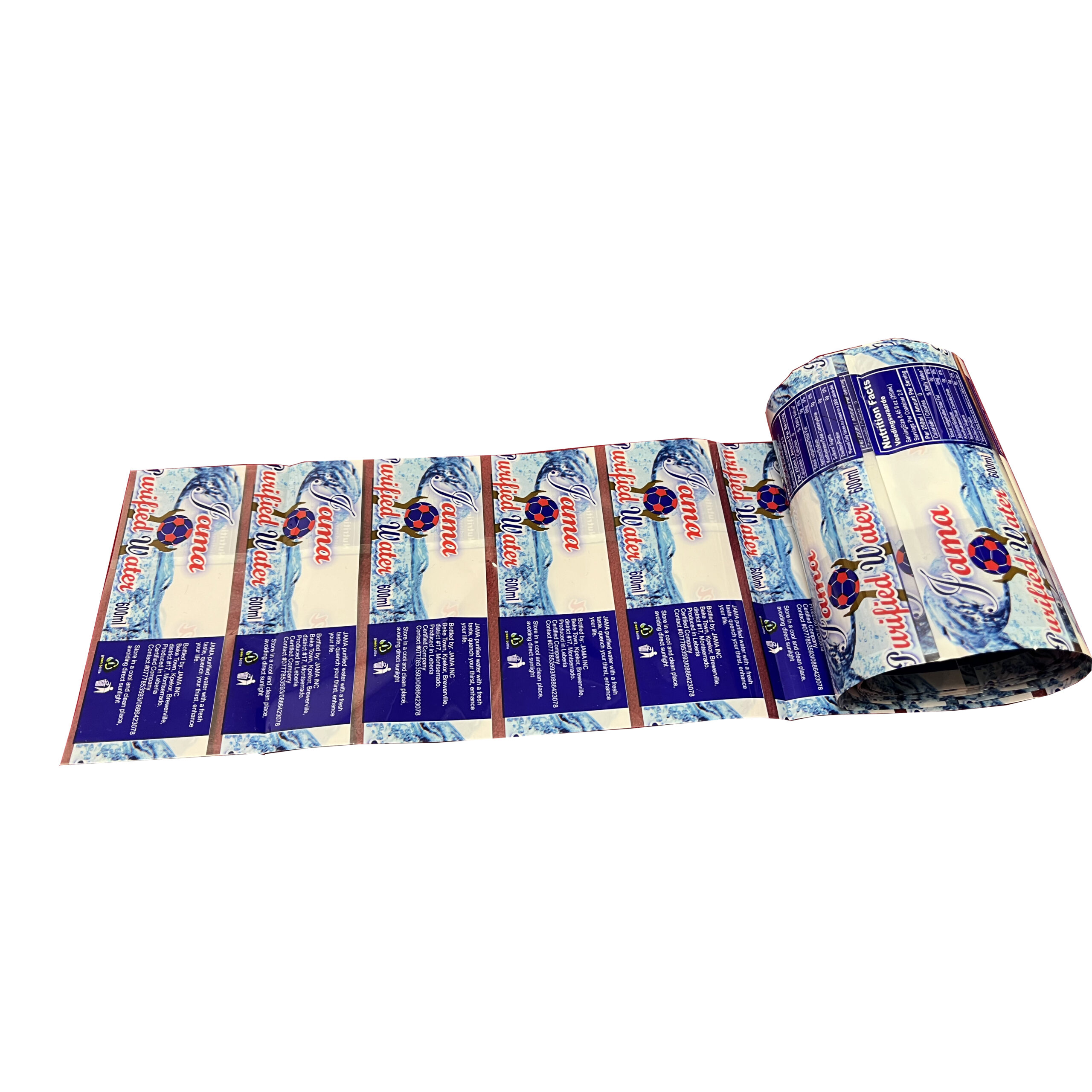
It is the sleeve label which use to sleeve on the bottle water
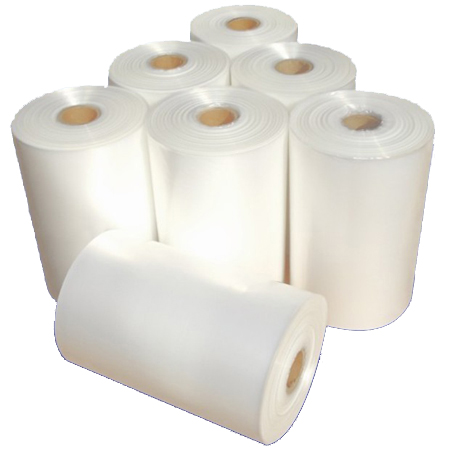
It is the wrap film use to package 12/20/24 bottles in one package
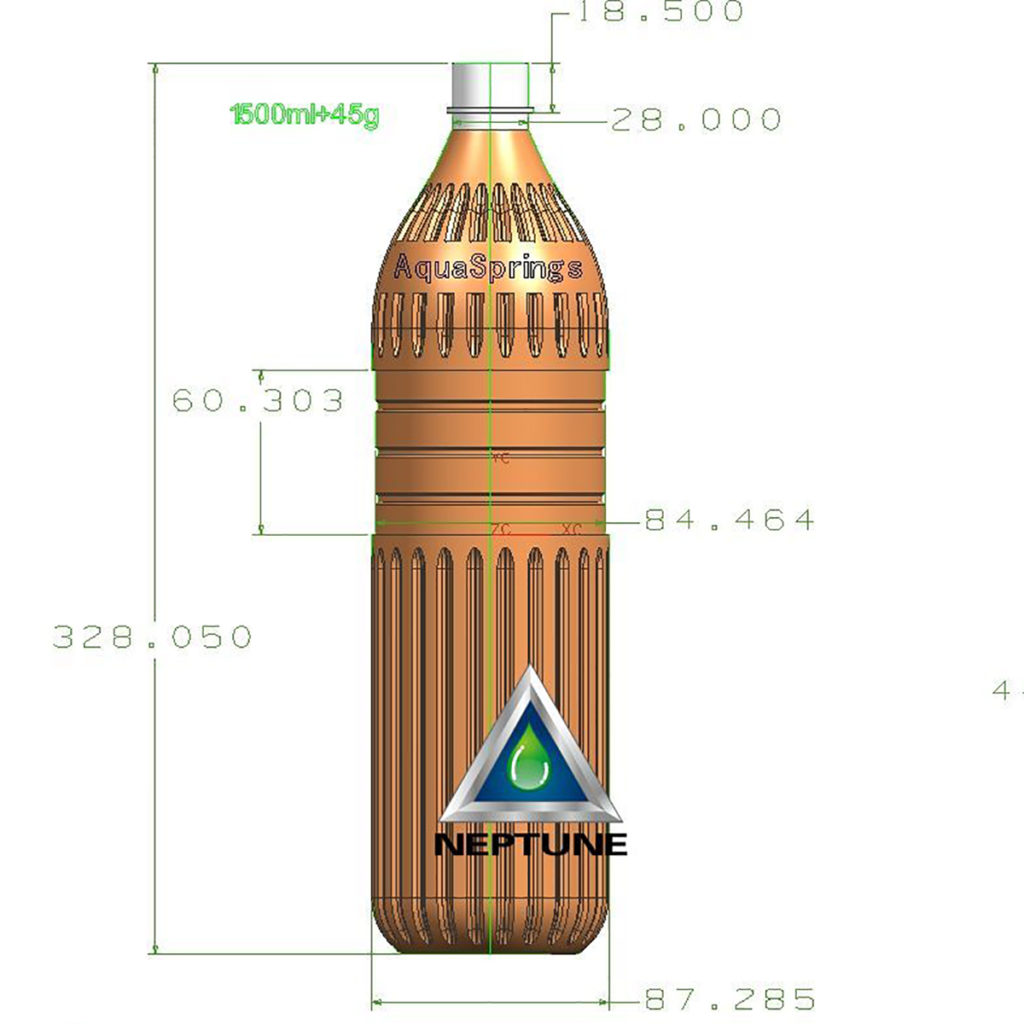
99% people do not know it is very important to have a good bottle design . The design maybe cost little but it effect a lot in future when you start the bottle water business. Some good bottle design bottle is like an art while other is like rubbish.
Creating a good bottle design for your bottled water business is crucial for attracting customers and building brand identity.
Here are steps you can follow to achieve an effective and appealing bottle design:
1.Understand Your Brand:
Clearly define your brand identity, values, and target audience. Your bottle design should reflect these aspects.
2.Know Your Audience:
Consider the preferences and tastes of your target demographic. Understanding your audience will help you design a bottle that resonates with them.
3.Research Competitors:
Analyze the designs of other bottled water brands, both local and international. Identify elements that work well and think about how you can differentiate your product.
4.Create a Unique Logo:
Develop a distinctive and memorable logo that represents your brand. Ensure that it’s scalable and looks good on a small label.
5.Choose Colors Wisely:
Use colors that reflect your brand personality and evoke the desired emotions. Consider color psychology and ensure readability.
5.Typography Matters:
Select fonts that are easy to read and complement your brand. Ensure that the text is legible on the bottle, especially if it’s a smaller-sized label.
6.Include Important Information:
Clearly display essential information like the brand name, logo, water type, volume, and any regulatory or health-related information required by authorities.
7.Simplicity is Key:
Aim for a clean and simple design. Overly complex designs can be overwhelming and may not communicate the intended message effectively.
8.Use High-Quality Imagery:
If using images or graphics, ensure they are of high quality and relevant to your brand. Blurry or pixelated images can negatively impact the perceived quality of your product.
9.Consider Environmental Impact:
If your brand promotes sustainability, consider eco-friendly packaging and communicate this aspect through your design.
10.Mockup and Test:
Create mockups of your bottle design and test them in real-world conditions. Ensure that the design looks appealing in various lighting and shelf conditions.
11.Gather Feedback:
Seek feedback from potential customers, friends, or focus groups. Honest opinions can help you refine your design before finalizing it.
12.Work with Design Professionals:
If you’re not confident in your design skills, consider hiring a professional graphic designer or a design agency to create a polished and effective bottle design.
13.Adaptability:
Ensure that your design is adaptable to different sizes and formats if you plan to introduce variations or new product lines.
Remember that a well-designed bottle not only attracts attention but also communicates the essence of your brand to consumers. Regularly reassess your design to keep it fresh and relevant in the market.
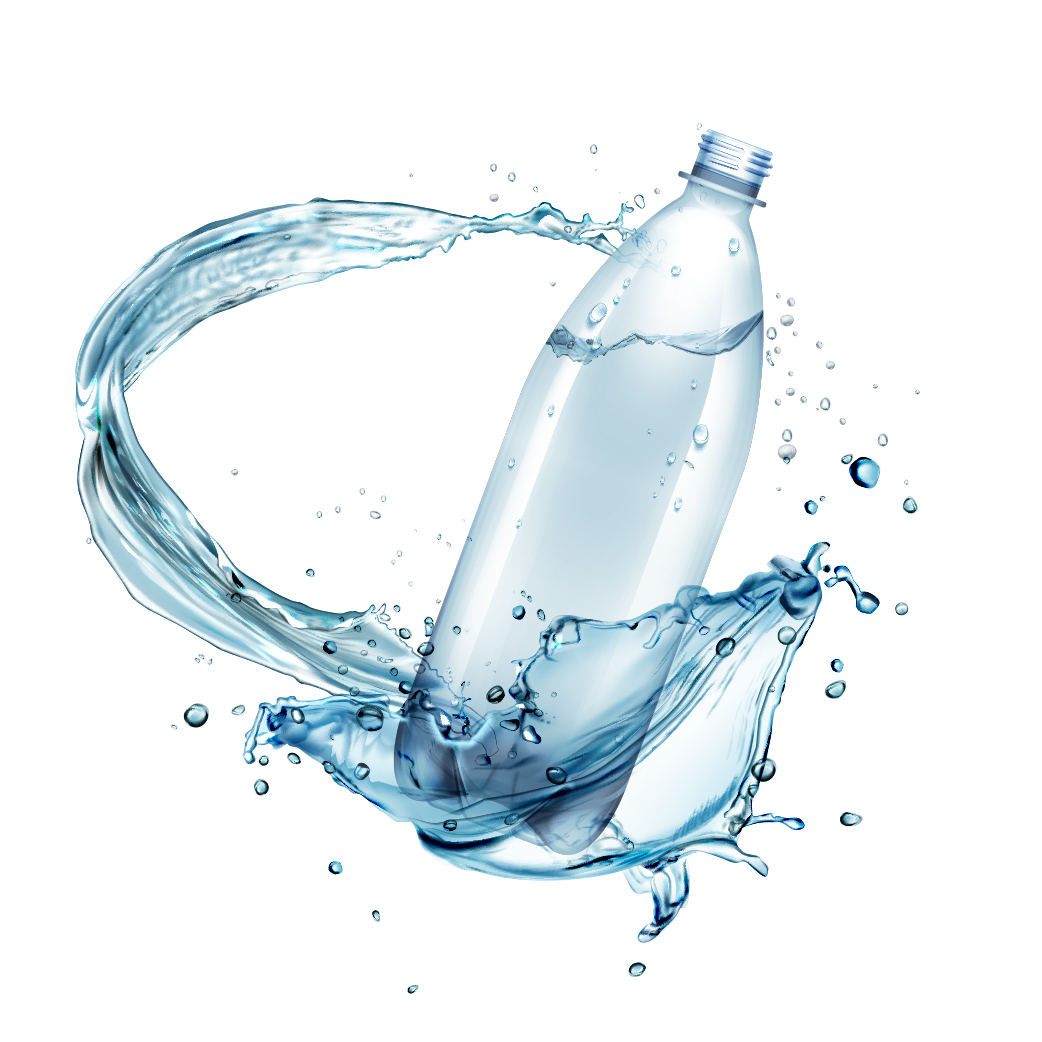
Bottled water is a convenient and portable option for hydration on the go. It is easy to transport and can be sealed, making it ideal for activities such as exercising and traveling.
One of the main advantages of bottled water is its convenience. It is easily available for purchase anytime and anywhere, especially in situations where drinkable water is not guaranteed or hard to find.
Additionally, bottled water can be easily stored and does not expire, making it a useful option for emergency and disaster situations.
Many people prefer the taste of bottled water to tap water because it undergoes a purification process before being made available for consumption.
The production of bottled water is strictly regulated and monitored to ensure its cleanliness and safety. This makes bottled water in high demand, especially in situations where tap water may be contaminated or unsafe to drink.
Compared to tap water, bottled water is often safer to drink due to the tests it undergoes for chemicals and bacteria. Tap water, on the other hand, can easily become contaminated, leading to illnesses, particularly in developing countries.
Bottled water is widely available in supermarkets and grocery stores, and comes in a variety of sizes and contents, providing consumers with a range of options to choose from.
Bottled water is more expensive than tap water because of the costs associated with purifying, bottling, advertising, transporting, and storing the product. Buying bottled water often can be even more expensive, as the cost varies based on size and brand. The price of bottled water typically covers packaging, advertising, shipping, and administrative operations. Some experts have even noted that bottled water can be more costly than milk.
While bottled water can come with a water-filtering system, it is not always a money-saving option. In fact, filling your own water bottles can be a more cost-effective solution if you drink bottled water regularly.
Additionally, bottled water poses health risks due to the chemicals present in plastic containers, such as bisphenol A (BPA). These chemicals can seep into the water and be consumed by the user, especially when the water is stored in hot areas.
Many bottled water products are simply filtered tap water, which means they offer no difference in quality compared to tap water. In fact, bottled water can have similar or even worse quality than tap water, making it a poor value for the cost.
Furthermore, bottled water often lacks fluoride, which is added to tap water to help protect teeth from decay and other dental problems. Additionally, the production of bottled water increases the use of fossil fuels, contributing to environmental harm.
Lastly, improper disposal of empty water bottles can lead to significant pollution and negative environmental impacts. A large percentage of these bottles end up in trash cans and landfills, causing harmful effects on the environment.